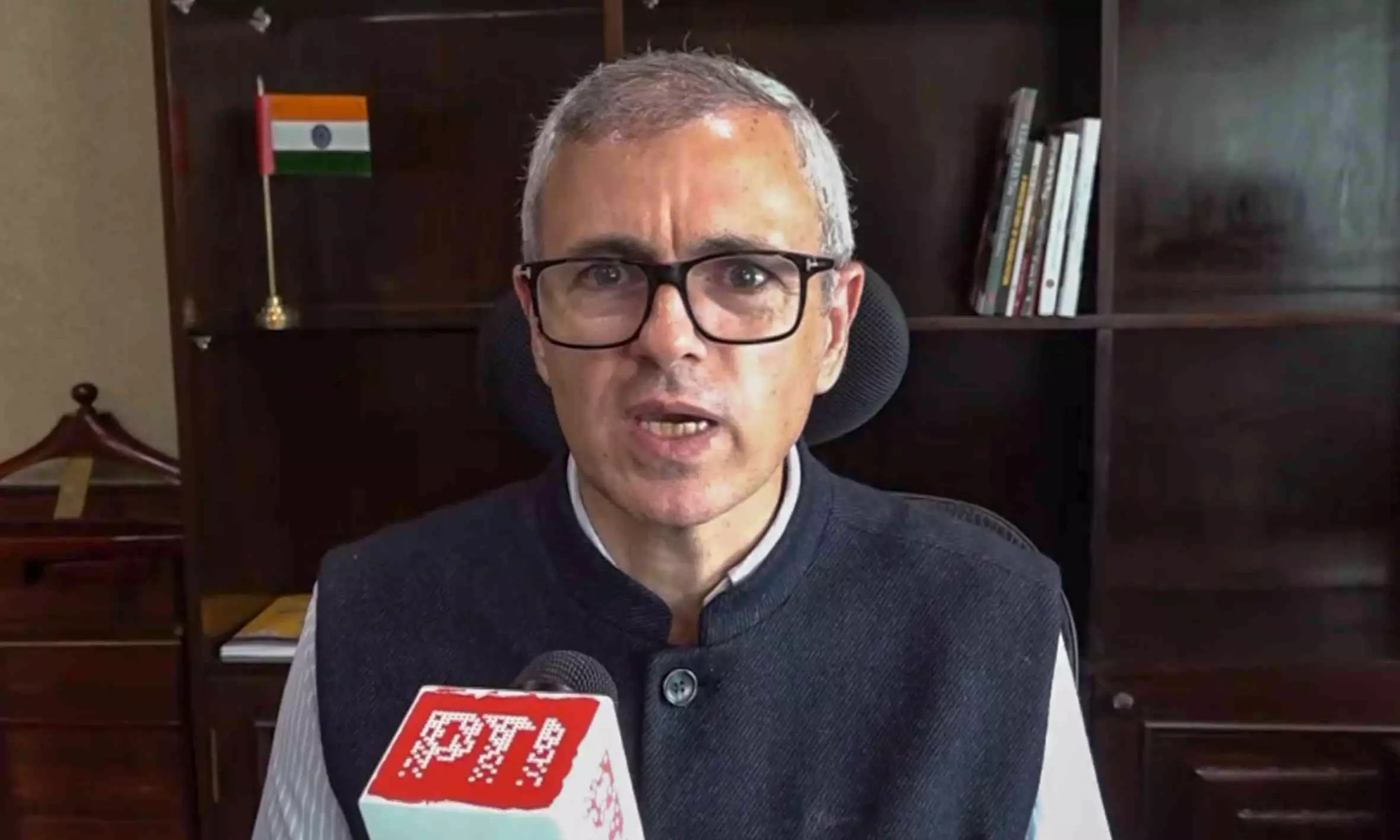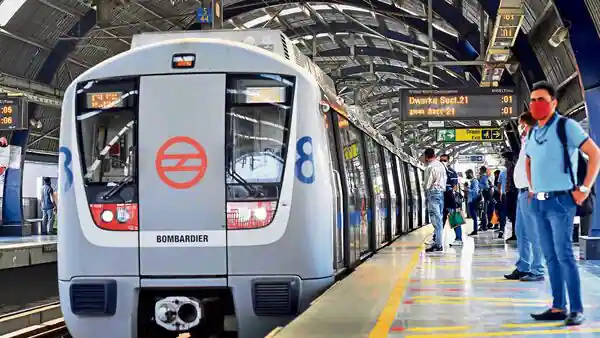Now Reading: Omar Abdullah Opposes Centre’s Canal Proposal, Says J&K Won’t Share Water with Punjab
-
01
Omar Abdullah Opposes Centre’s Canal Proposal, Says J&K Won’t Share Water with Punjab
Omar Abdullah Opposes Centre’s Canal Proposal, Says J&K Won’t Share Water with Punjab

Former Jammu and Kashmir Chief Minister Omar Abdullah has strongly objected to the Centre’s proposed plan to construct a canal diverting water from J&K to Punjab. Terming the move as unjust and unacceptable, Abdullah made it clear that the Union Territory is not willing to part with its water resources, especially without adequate consultation or compensation.
The issue has reignited debates over inter-state water sharing — a concern deeply relevant to agricultural states and water-stressed regions across India.
The Dispute: Water and Political Autonomy
The central government’s proposal involves the construction of a canal system that would direct a portion of Jammu and Kashmir’s river water to neighboring Punjab. While the Centre argues the project would aid irrigation and support broader regional development, critics say it threatens J&K’s ecological balance and resource sovereignty.
Omar Abdullah has called it a violation of the region’s rights and questioned why such decisions are being made without the participation of J&K’s elected representatives.
J&K’s Water Challenges
Jammu and Kashmir, though home to several rivers, faces growing concerns about water security, glacier retreat, and uneven access, especially in its rural belts. Local leaders argue that the region should prioritize its own agricultural and hydropower needs before diverting resources elsewhere.
The matter has sparked particular concern in districts like Anantnag, Baramulla, and Kulgam, where farming is dependent on stable water access.
Punjab’s Irrigation Demands
On the other hand, Punjab — already struggling with depleting groundwater and overdependence on tube wells — views inter-basin water projects as a necessary solution. However, any cross-border water project must account for equitable use, environmental impact, and mutual agreement — something stakeholders in both states say is missing in the current plan.
Water politics has long been a flashpoint between states like Punjab, Haryana, and Rajasthan. This latest disagreement could add J&K to that list if not handled with sensitivity.
National Context: A Growing Water Debate
As climate patterns shift and monsoon cycles become more erratic, India’s water-sharing disputes are growing. From the Cauvery issue in the south to the Yamuna debate in the north, inter-state tensions over river management are on the rise.
Experts warn that without clear legal frameworks and strong environmental assessments, projects like this may do more harm than good in the long term.
Conclusion
Omar Abdullah’s rejection of the Centre’s canal plan brings the spotlight back on the fragile balance between regional autonomy and national infrastructure planning. As India navigates its water future, solutions must be collaborative, inclusive, and environmentally sustainable. For citizens in Tier 2 cities and agricultural heartlands alike, the outcome of such disputes will shape not just political narratives — but everyday survival.

























